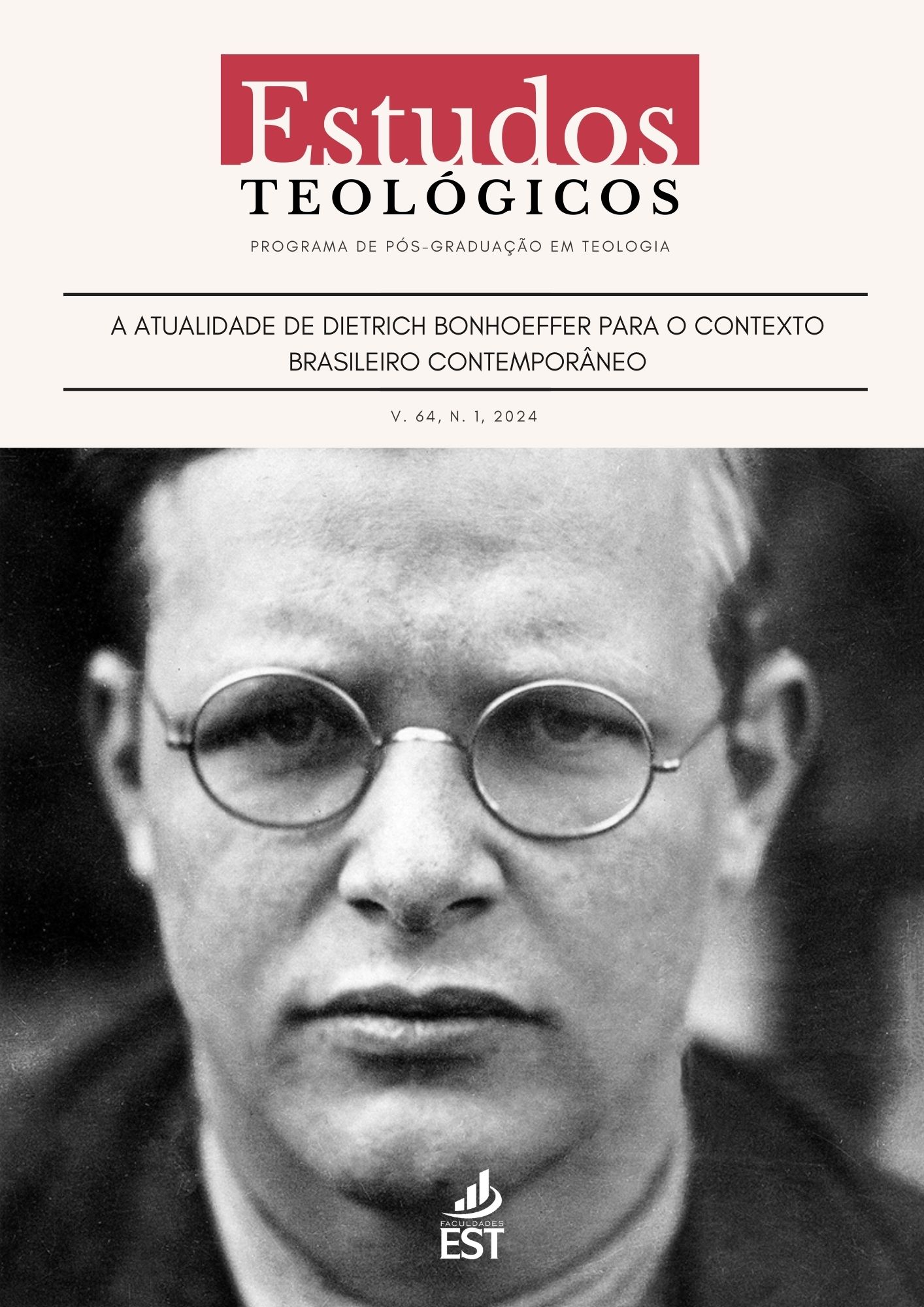On the Meaning and Understanding of Vocation-Work in Martin Luther and Dietrich Bonhoeffer
Keywords:
Vocation, Work, Martin Luther, Dietrich BonhoefferAbstract
This article presents the meaning of vocation-work in Martin Luther and Dietrich Bonhoeffer. In the first chapter, the theme is introduced especially from the writing "The history of the word vocation (beruf)" published by Karl Holl, professor of systematic theology at the University of Berlin. Holl was responsible for resuming studies on Luther's theology in the 1920s and was Dietrich Bonhoeffer's professor. His aim was to highlight the great change that Luther brought about with regard to the theme of vocation-work. Holl's analysis is supplemented by other details that I considered important in deepening and broadening our understanding of the subject. The second chapter presents the meaning of vocation-work for Martin Luther. The reformer's reorganization of the understanding of vocation-work is shown in some detail, highlighting its theological and sociological developments. Finally, the third chapter presents the theological context in which Bonhoeffer unfolds his understanding of vocation-work, based on the responsibility of humanity redeemed in Christ. The intention is to demonstrate Luther's influence on Bonhoeffer's understanding of the theme, but also to present its expansion and the background discussions related to the orders of preservation. Vocation-work, for Bonhoeffer, is one of the means by which the redeemed human being exercises his responsibility towards the other person, perceiving his activity as one that should be exercised from the perspective of preserving and promoting the life of otherness.











